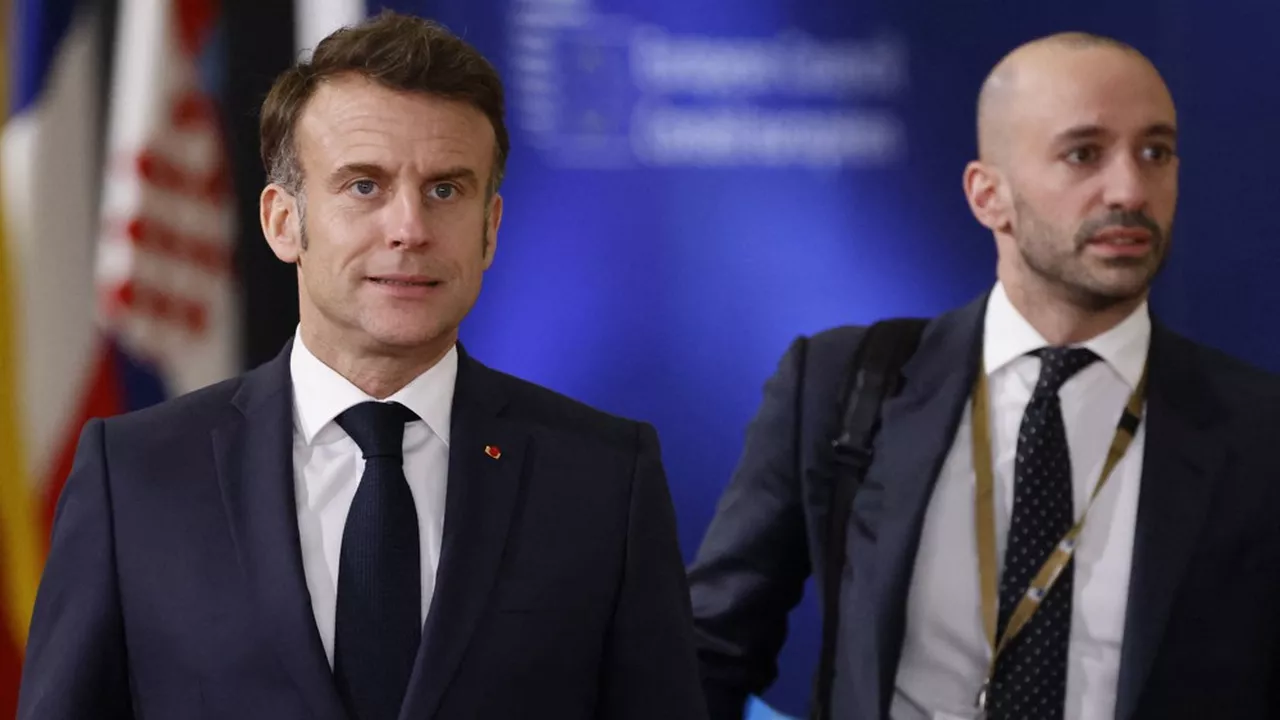Trump’s Brazil Tariff Threat Pushes Legal Boundaries of Presidential Trade Authority
Former President Donald Trump’s aggressive move to impose new tariffs on Brazilian steel and agricultural imports is raising alarms in trade circles and testing the limits of presidential authority over international commerce. Legal experts warn the maneuver may face constitutional challenges.
In a dramatic escalation of his ongoing 'America First' economic agenda, former President Donald Trump has threatened to impose sweeping tariffs on a range of Brazilian imports—particularly steel, soybeans, and beef—citing concerns over currency manipulation and unfair trade practices. The move, while politically popular among portions of Trump’s base, has sparked fierce debate among legal scholars, trade experts, and global diplomats over the extent of presidential power in the realm of international trade. At the heart of the issue lies a fundamental question: Can a president unilaterally weaponize tariffs under broad national security or emergency justifications without congressional approval or clear economic harm? In targeting Brazil, Trump appears to be testing the outer boundaries of long-standing trade law—and potentially inviting legal challenges that could reshape the modern presidency’s reach over global markets.
The Brazil Tariff Threat: Context and ClaimsSpeaking at a campaign rally in Michigan, Trump declared his intention to levy new tariffs on Brazil, accusing the South American nation of 'manipulating its currency to undercut American farmers and steelworkers. '“They are flooding our markets with cheap steel. They are devaluing their currency.
And we’re going to stop it,” Trump said. “We will slap tough, beautiful tariffs on Brazil like never before. ”This isn’t the first time Trump has gone after Brazilian exports.
In 2019, while still in office, he temporarily reimposed steel tariffs on Brazil and Argentina, citing similar currency concerns. But the new proposal goes significantly further, covering a broader range of goods and framed more overtly as a campaign promise to revive American industry. Legal Mechanisms at Play: Section 232 and BeyondThe Trump campaign has not yet outlined which legal provision would be used to justify the Brazil tariffs.
However, analysts believe he may once again invoke Section 232 of the Trade Expansion Act of 1962, which allows the president to impose trade restrictions on national security grounds. Section 232 has been used sparingly by previous administrations, mostly in the context of weapons or strategic materials. Trump, however, used it to justify steel and aluminum tariffs on traditional allies like Canada and the European Union—sparking criticism that it was being abused as a political tool.
Another possibility is Section 301 of the Trade Act of 1974, which allows retaliation against foreign practices deemed unjustifiable or discriminatory. This statute was central to Trump’s trade war with China. Yet applying it to Brazil—a democratic ally with a U.
S. trade surplus—would be controversial. Legal scholars caution that such interpretations stretch the intent of the laws.
“These statutes were designed for narrow purposes,” said Jennifer Hillman, a former judge at the World Trade Organization. “Trump is using them to pursue broad economic goals, bypassing Congress entirely. ”Global and Domestic ReactionsBrazil’s government responded cautiously, with officials stating they would seek clarification before taking retaliatory steps.
President Luiz Inácio Lula da Silva’s administration emphasized Brazil’s commitment to international trade norms but warned it would defend its national interests. Trade experts warn that retaliation from Brazil could hurt U. S.
agricultural exporters—particularly soybean and corn farmers who rely on global markets. “We risk losing access to one of the largest economies in the Southern Hemisphere,” said Martin Bridges of the American Soybean Association. In the U.
S. , manufacturers, agriculture groups, and business coalitions are voicing concern. The U.
S. Chamber of Commerce issued a statement saying: “Unilateral tariff increases harm American consumers, provoke foreign retaliation, and erode trust in U. S.
leadership. ”Meanwhile, conservative media has largely rallied behind Trump, framing the proposed tariffs as a return to strength and economic nationalism. Congressional Backlash BrewingLawmakers from both parties are preparing to push back against Trump’s tariff agenda.
Sen. Chuck Grassley (R-IA), a staunch supporter of free trade, said: “We cannot allow any president to unilaterally impose economic penalties that harm our farmers and manufacturers. ”Democrats have called for reforms that would limit the executive branch’s ability to levy tariffs without congressional approval.
Sen. Ron Wyden (D-OR), Chair of the Senate Finance Committee, said he is drafting legislation that would require prior authorization for tariffs based on national security. “This is not about trade policy—it’s about constitutional checks and balances,” Wyden said.
Legal Challenges Likely AheadIf Trump were to move forward with new tariffs against Brazil, legal challenges would almost certainly follow. Several organizations—including importers, trade coalitions, and international law groups—are already preparing arguments. In past cases, courts have shown mixed receptiveness to challenges against presidential trade powers.
In American Institute for International Steel v. U. S.
, the Court of Appeals upheld Trump’s Section 232 steel tariffs as constitutional, deferring to presidential discretion. But legal experts note the judiciary’s patience may not be endless, particularly if the justification for tariffs becomes more transparently political. “Judges are watching this closely,” said constitutional law professor Harold Wu.
“There’s growing concern that the president is using economic emergency statutes as a blank check. At some point, the courts may draw a line. ”A Test Case for Executive PowerBeyond economics, the Brazil tariff threat represents a deeper test of executive power.
It reflects a continuing evolution in how presidents—especially Trump—seek to dominate the trade policy agenda without traditional legislative oversight. Historically, Congress retained primary authority over tariffs and trade agreements. But a succession of statutes in the 20th century, passed during periods of war and global competition, handed more discretion to the White House.
Trump’s tenure redefined that discretion not as a tool of policy refinement, but of personal vision and political leverage. “If tariffs become campaign weapons rather than trade remedies, we’re in dangerous territory,” said Fiona Rosen, senior fellow at the Council on Foreign Relations. “Other countries will respond in kind, and the rule-based system will erode.
”What’s at Stake for Brazil—and the WorldBrazil, the world’s ninth-largest economy, is a vital trade partner for the U. S. , supplying everything from raw materials and energy products to food and aircraft.
U. S. companies like Boeing and Chevron operate extensively in Brazil, and bilateral trade reached nearly $100 billion in 2023.
Unilateral tariff action risks damaging that relationship, potentially opening the door for China to deepen its already substantial economic influence in South America. “Every time the U. S.
retreats, China advances,” warned Maria dos Santos, a Brazilian trade negotiator. “Trump’s tariff talk could push Brazil further into Beijing’s orbit. ”Conclusion: Legal Lines, Political AmbitionsTrump’s Brazil tariff threat is more than a trade story—it’s a test of how far presidential authority can stretch in the modern age.
With Congress largely sidelined, courts hesitant to intervene, and global trust in U. S. consistency wavering, the next steps taken by Trump—or his successors—may redefine the rules of economic engagement for decades to come.
Whether the move amounts to bold leadership or constitutional overreach remains fiercely contested. But one thing is certain: with each tariff threat, the power struggle over America’s role in global trade gets sharper, riskier, and more consequential.
21st july 2025



